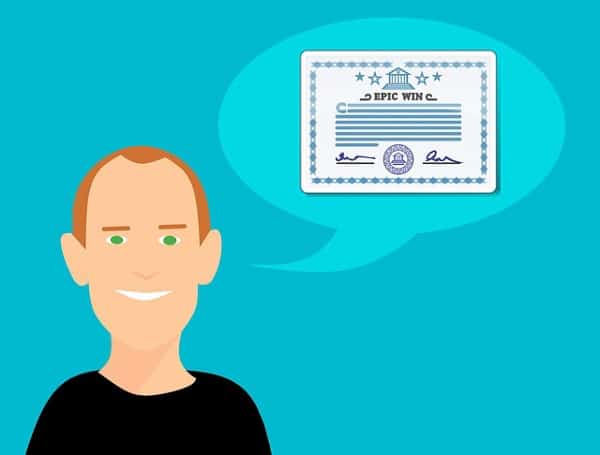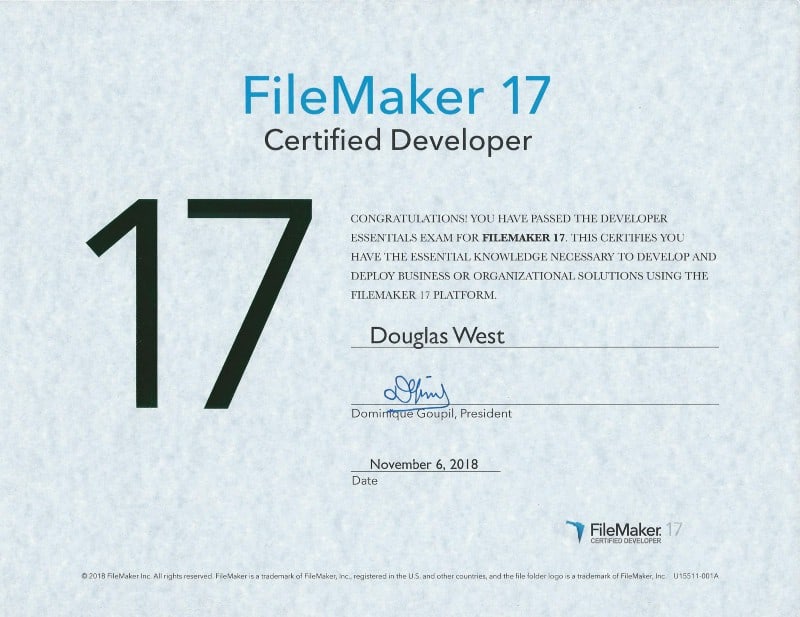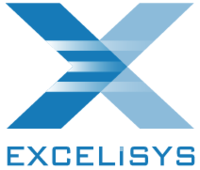To Be … Or Not to Be – A FileMaker Certified Developer
To Be … Or Not to Be – A FileMaker Certified Developer
Should You Hire Only FileMaker Certified Developers?
How Do Developers Earn Certification and What Does it Mean?

When you search for a root-canal doc, board certification is no crock. But what about your developer? Can an uncertified developer needle their way through your software project without inflicting any pain? Must you hire a FileMaker Inc. certified developer to get your app built right?
We asked a bunch of developers about the certification process and its impact on their work. As a consumer, you want to know what you’re paying for when you hire a developer with the FileMaker Inc. seal of approval. How do developers get certified — and what, eXactly, does it mean?
Truth be told, the uncertified outnumber the certified. Among the 378 partners listed on the FileMaker Business Alliance, only 217 have certified developers. Does it matter?

“I do think the certificate process is important,” said Lancaster, NY, developer Joe Cellino. “The test doesn’t necessarily help in the day-to-day, but rather is a tool to display your competence in the industry. Having the certificate shows you are serious about FileMaker and that you have a moderate understanding of the platform.”
Duane Weller doesn’t think certification is essential, but he does it because his employer provides incentives. “It’s not that critical for me,” said Weller, a developer from Grand Rapids, MI. “FileMaker is not the only database platform I work with. Sometimes it represents only a portion of the work I do. Even on many of my FileMaker projects, the work I do is outside the scope of what the certification exam covers.”
Certification ~ FileMaker Developers Dissect the Practice
Does certification help you with your job?
YES. “The study process is invaluable,” said Ontario, Canada-based developer Paul Spafford who earned FileMaker17 certification in November 2018. To prep for the test, Spafford studied FileMaker’s Help topics and technical specifications. He also tooled through the FileMaker Inc. Knowledge Base. Studying for the test put the new product features, limitations and installation requirements “at the tip of my tongue,” said Spafford. “If nothing more, this leaves the clients I talk to realizing that I’m as much of an eXpert as I tell them I am. It’s always easy enough to find this information when needed, but having it right there at the front of your brain tells the client, ‘this guy knows his stuff’ — and it’s true.”
NO. “The only good reason to take the test is marketing,” said Doug West, a certified software developer from upstate New York. “Developers hate it and rarely learn anything useful from it.”
Can you give an eXample of a skill or technique learned through the certification process that directly impacted a client?
MAYBE. “For me, studying for the test is nearly identical to looking up how to do something,” said developer Ken Moorhead of Richmond, KY, who is certified in FileMaker versions 14-17. “So, the test in and of itself doesn’t teach anything … I’d look it up anyway. It just depends on which happens first — the need to know, or the need to take the test.”
NO. “Not that I’m aware of. I learn more from doing development and researching on my own,” said Weller, who is certified in FileMaker versions 9–11 and 13–17.

Did you study for the eXam?
YES. “It was fun,” said Cellino, who earned FileMaker17 certification in August 2018. “I checked in the FileMaker community and found links to PDFs and documentations online. I read everything I could find … and from that study, I learned so much about how the system works…. I learned about stuff I’ve not done yet. There’s always some development aspect you haven’t tackled and it’s nice to know the material beforehand and have some background knowledge…. Studying helped me with multiple projects … and helped me trouble-shoot a lot of problems.”
NOT REALLY. “I have passed the test without studying,” said West, “but before walking into the test center I typically review the latest technical specifications for the pure memorization facts that could easily be looked up during day-to-day development.”

How Do Developers Get Certified?
Developers have 110 minutes to tackle the 65-question FileMaker Inc. certification test, which is offered only in the controlled and supervised environment of a Pearson VUE test center. There’s a random pool of multiple-choice questions, so not every test-taker receives the eXact same questions, although each developer is grilled over the same topics, including technical specifications, layouts, working with calculations, writing scripts, security, data integration and data movement, FileMaker Server, FileMaker WebDirect, FileMaker Go and much, much more. Some multiple-choice questions require more than one answer, requiring the developer to have more than just surface-level knowledge to get them right.
The test measures a developer’s proficiency with the FileMaker Platform, said FileMaker Inc. Global Partner Manager Julie Sigfrinius. FileMaker Inc. first offered certification in 2004 with the release of FileMaker Pro 7.0. Since then, FileMaker has offered certification with every new version.
To pass the test and become a certified software developer, a developer must demonstrate that they possess the foundational skills necessary to develop and deploy custom apps using the FileMaker Platform. The latest version — FileMaker Pro 17 — was released in May 2018; therefore, developers with the “FileMaker 17 Certified Developer” credential are certified on the most recent version.
Sigfrinius said that the test offers customers a metric to anchor onto as they vet potential developers. “While there are many things that go into making a developer of high quality — certification certainly does not necessarily a developer make — it is one measure — a measure of authority on their use of the proficiency of the program.”

Hiring the Certified vs. Uncertified Developer
Because a developer has passed FileMaker Inc.’s certification eXam, does that mean they will be able to build you a better mousetrap (metaphorically speaking)? Maybe … maybe not.
👍 PRO: Choosing a certified software developer eliminates the need to screen potential software partners on their technical skills. Clients can rest easy, knowing that a certified developer understands the FileMaker Platform well and won’t be spending their development dollars learning the product as they go.
👎 CON: By turning away all uncertified developers, you may lose out on a real gem. Most top-level developers are active in the FileMaker community — whether they are certified or not. They attend FileMaker Inc. meetings and development conferences. They review white papers and study FileMaker Inc. technique forums to stay educated on best practices. In other words, the uncertified but dedicated FileMaker disciple may have just as much technical prowess as their certified peer.
👍 PRO: The certification test includes questions about new features. With each new rollout, FileMaker Inc. adds new features to the FileMaker Platform. To pass the test, a developer must have a grasp of the new features.
👎 CON: Certification tests cover technical skills and not creative eXpression. “There’s one thing that certifications can’t quantify and that’s creativity,” said Weller. “I believe that the best FileMaker developers are creative people.”
Performance Matters ️
Development consultant Laura Vie of Columbia, MO, says that checking a developer’s FileMaker certification status is a good first step in vetting a developer. However, Vie warned that knowing the bits and bytes of FileMaker Pro doesn’t necessarily correlate into savvy app-building. “Just because you know techniques, that doesn’t mean you know how to apply them or how to fashion an integrated working solution for a client. It doesn’t translate to can you interview the client well enough to elicit the information you need in order to build a system.”
Vie suggested that quality assurance in a developer would be best scrutinized by talking to the developer’s former clients and getting the user’s perspective on the developer’s skill.
⭐️ ⭐️ ⭐️ ⭐️ ⭐️
“Look at certifications but be careful about weighting it. I’d rather see more solutions and satisfied customers than certifications on the wall.” ~ Laura Vie, Development Consultant
To learn more about eXcelisys’ FileMaker17 certified developers and the services they offer, click here.
The post To Be … Or Not to Be – A FileMaker Certified Developer appeared first on eXcelisys.





Recommended Comments